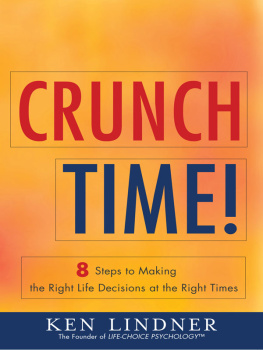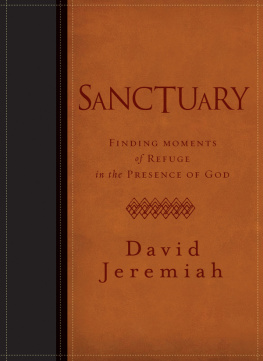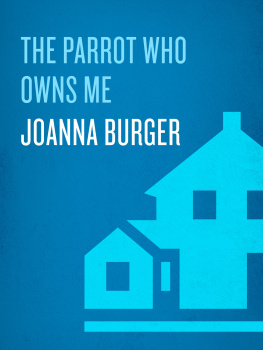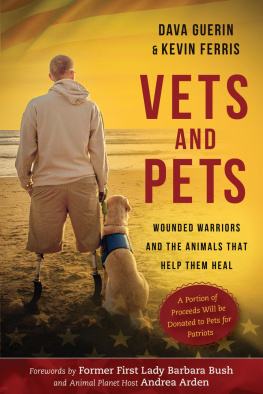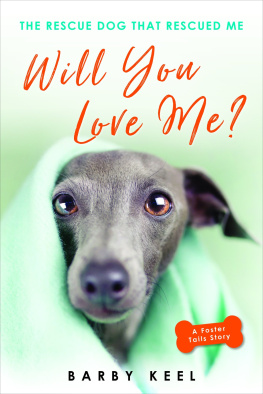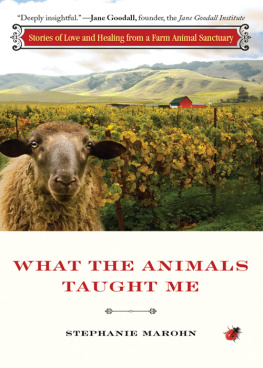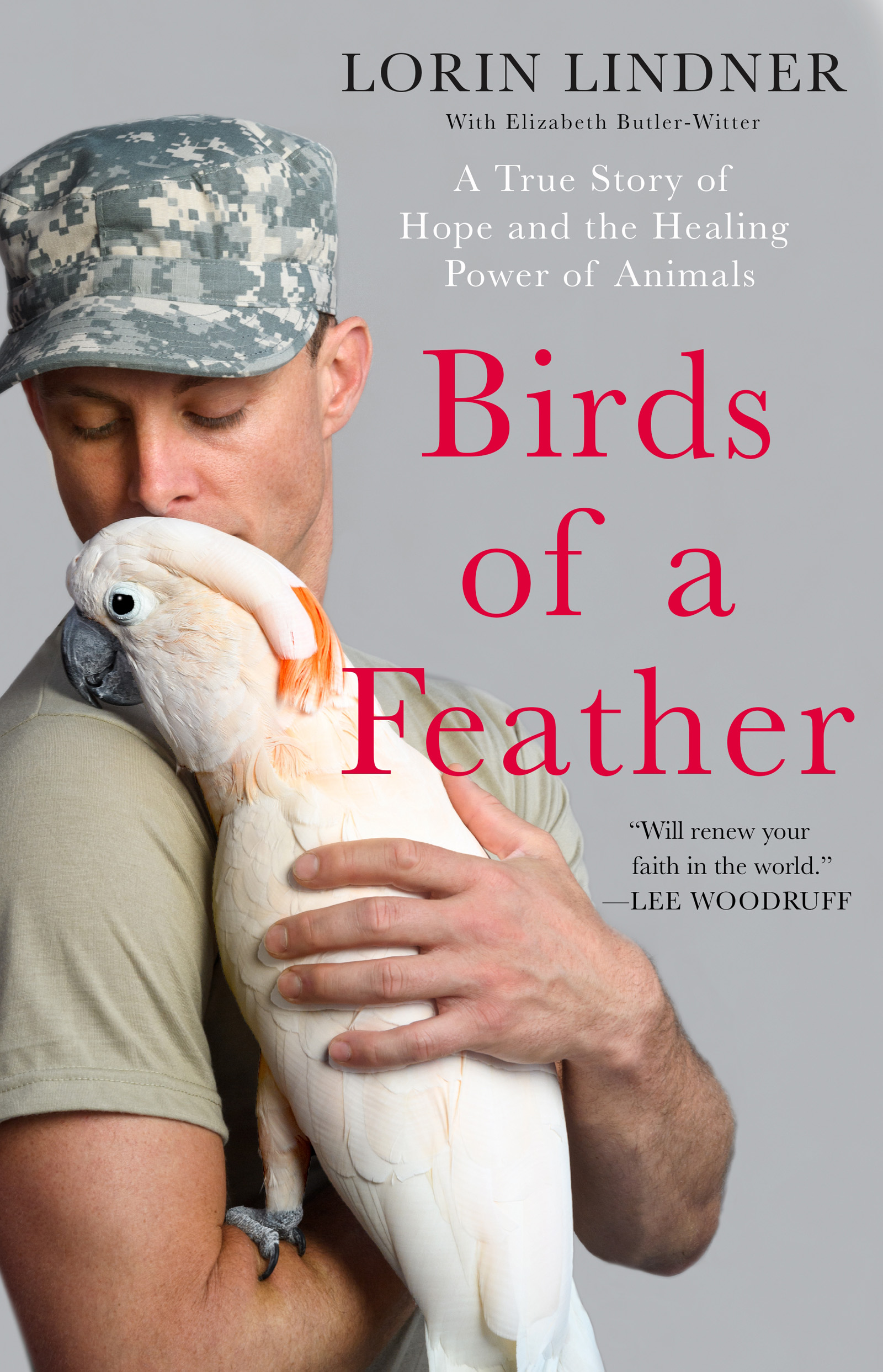Contents
Guide
Pagebreaks of the print version
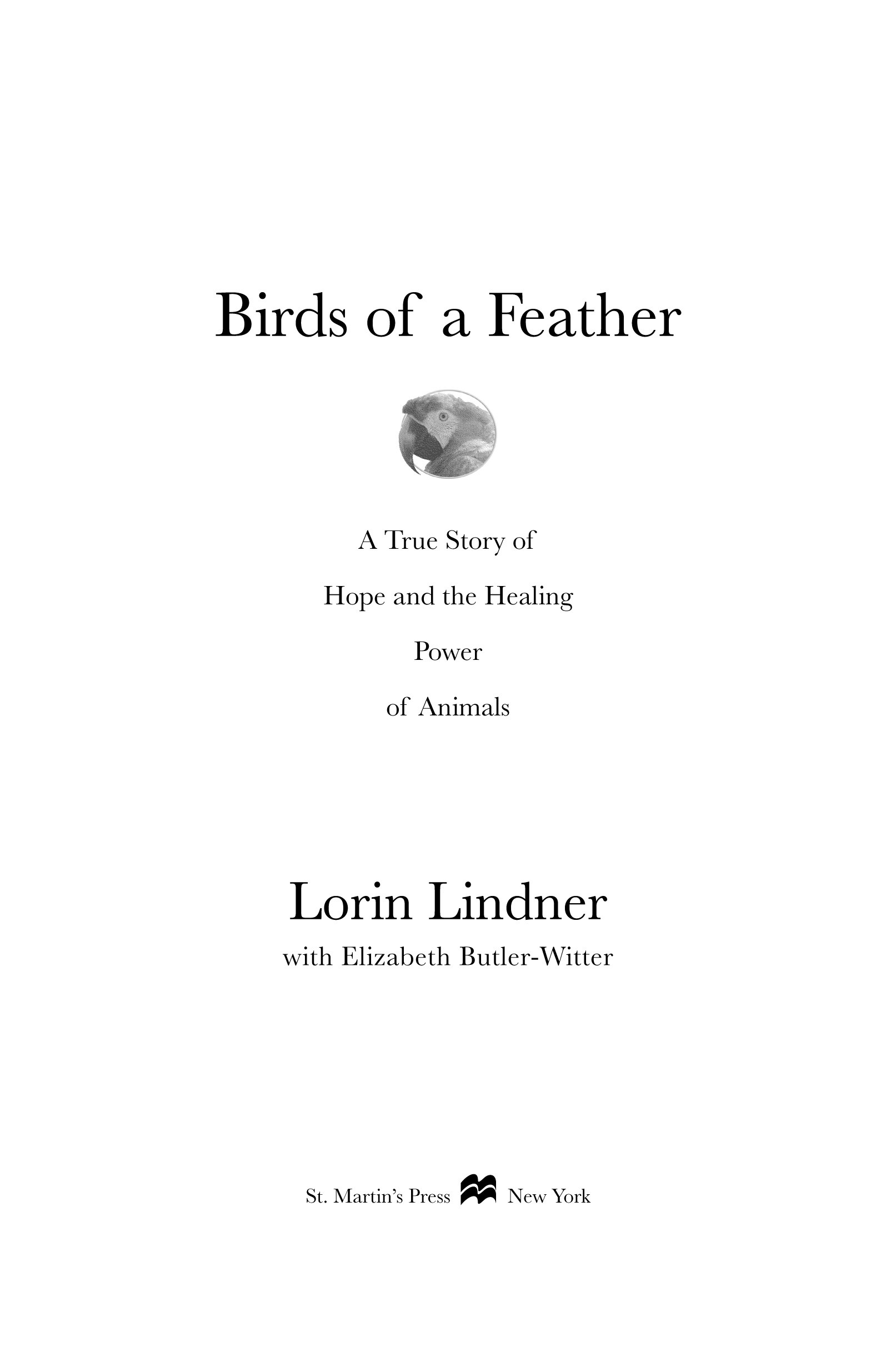
The author and publisher have provided this e-book to you for your personal use only. You may not make this e-book publicly available in any way. Copyright infringement is against the law. If you believe the copy of this e-book you are reading infringes on the authors copyright, please notify the publisher at: us.macmillanusa.com/piracy.
To my husband, my father, my brother, and all the service members who made sacrifices for our freedom.
And to Sammy, Mango, and all the other parrots who made sacrifices of their freedom.
I pulled up to a modest house in South-Central Los Angeles, nearly identical to the others on the street, to collect a Moluccan cockatoo. It was 2007, and Id been rescuing birds for twenty years. Id walked into well-kept suburban mansions, sleek high-rises, and crumbling apartment blocks to rescue birds. No matter what the exterior of the buildings looked like, what I found inside was often the same: Birds isolated in lonely cages. Birds who didnt have enough food. Birds living in their own filth. Birds who were abused. It still breaks my heart every time, and the tragedy is that its all so ordinary. Across the United States and the rest of the world, the scene is repeated thousands of times. With each rescue, though, we end that suffering for at least one bird. Serenity Park, the sanctuary I had just opened, was accepting the parrotRascal, the intake paperwork called himas a surrender. This bird, at least, I told myself, was headed toward a different, better fate.
Toys were scattered across the small lawn. As I walked up to the house, I heard the yells of children playing. I knocked on the door, and the noise stopped.
A woman, with several children gathered behind her, answered. Im here to pick up Rascal, I said.
I smiled at the name. Serenity Park had taken in several Moluccan cockatoos, and I knew just what rascals they could be.
Rascals not home.
Not home? Its not as if a parrot can go out for a drive.
Would you like me to come back later? I asked.
Nah, you can go on and take the bird. You dont need my husband for that.
So Rascal was the husband. That made sense, too.
Rascal won Pilot in a poker game, the woman explained, but we cant do anything with him. He bit two of the kids.
The two eldest children led me to a small, windowless shed in the backyard. When we opened the door, it was hard to see in the dim light. There, among a jumble of lawn equipment and old toys, I could just make out a small cage. Inside, Pilot flapped frantically and began to scream.
Moluccan cockatoos are white-tinged with a faint pink color, and when they lift the large crests on their heads, they reveal darker, salmon-colored feathers. Their feathers are beautiful in the light of the sun, but Pilot was hidden in the dark, dusty shed. Cockatoos are often over a foot and a half long, and Pilot was on the large end. He was a huge, untamed beast of a bird. He blinked repeatedly in response to the bright sun. His cage, much too small for a bird of his size, was made of chicken wire. He had no perch. Parrot feet are made to clutch branches, not stand on flat ground. His toenails were curled up in a tight coil, so he shifted uncomfortably. He screamed, and I could see into his mouth, where small white patches covered his tongue and throat. His beak was enormous and crooked, a condition sometimes found in cockatoos and correctable with veterinary treatment, and he could not close it entirely. I wondered how he could chew. And his nares (bird nostrils) were crusted and plugged.
He screamed again, the metal walls amplifying the sound in a way that must have terrified him. I was not about to ask if the bird was up to date on his vaccinations. I planned to take him straight to Dr. Frank Lavac at the Wilshire Animal Hospital, the veterinarian who examined all the parrots before they came to live at Serenity Park. Pilot would need to be quarantined until his blood test results came back. From the white patches in his mouth, I could see that, at the very least, he had a serious vitamin A deficiency.
Youre going to be okay now, Pilot, I told him as I picked up his cage.
He screamed again and threw himself against the chicken wire, desperate to get away. I spoke quietly, letting him get used to me. I knew he was frightened, but I promised him his life was about to change forever.
* * *
Matt Simmons, the director of operations at Serenity Park, was walking to work one day when he saw a man standing at the Veterans Administration (VA) West Los Angeles Medical Center shuttle stop. His face was wrinkled from hard living, his fingernails yellowed and cracked. He was wearing a hospital gown and flip-flops. He held his IV pole in one hand as he fumbled to pull a cigarette from a pack with the other.
Got a light? the man asked Matt.
Uh, yeah, but should you be smoking? Matt asked.
The man shrugged. They told me I shouldnt leave the hospital either, he said. But here I am.
Matt handed him a lighter and introduced himself.
Where did you serve? Matt asked him, thinking he might say Vietnam.
Iraq, he said. The first one, Desert Storm. Matt had fought in the same war.
The man said his name was Smitty, and he had been a Seabee in the navy. His team went in before the full deployment of soldiers and sailors to lay down roads and runways. A team like that can turn a desert into a fully operative city in a matter of days. Matt had always admired the Seabees. They built the infrastructure that had allowed him to land in relative comfort.
Where ya heading? Matt asked.
I figure my ex-wife will let me sleep in the garage. She was good that way, Smitty said, even though she didnt like his drinking, and she didnt like their children finding him passed out.
His hands shook as he tried to light his cigarette. They always shook when he went without a drink for more than a few hours. One morning, the shaking got so bad that Smitty chipped his tooth on a whiskey bottle, so he started pouring his liquor into plastic containers. Two days ago, when his children tried to wake him, he didnt respond. The ambulance brought him to the VA. The detox staff was worried hed develop seizures from withdrawal, and they urged him to stay. But Smitty was going to leave, whether they checked him out or not.
Until he met Matt.
Im not sure what Matt said, but he convinced Smitty to follow him back to New Directions, a program on the VA grounds that helps homeless veterans addicted to drugs and alcohol. Maybe just speaking with a fellow veteran helped Smitty. Maybe he realized he was shaking, nearly undressed, at a bus stop, and needed help.
It takes about a week to adjust, Matt told Smitty, so dont think about leaving until you give it some time.
Although he was an addict himself, Smitty didnt like illegal-drug users. Drinking, he thought, was legal. Drinking didnt make people steal from their families or go away to prison. He had a hard time adjusting to New Directions, where alcoholics were in the minority. Most men in the program were homeless veterans addicted to heroin, prescription opioids, or anything that dulled their pain.
Matt was afraid Smitty would feel trapped among so many drug users, so once Smitty finished his daily work at New Directions, where he was up before dawn for exercise, manual labor, and therapy, Matt began bringing him to work at Serenity Park. The place isnt just a parrot sanctuary, after all; it is a veterans sanctuary, too. I founded it on the grounds of the VA as a place where wounded warriors and wounded parrots could work toward healing together.


